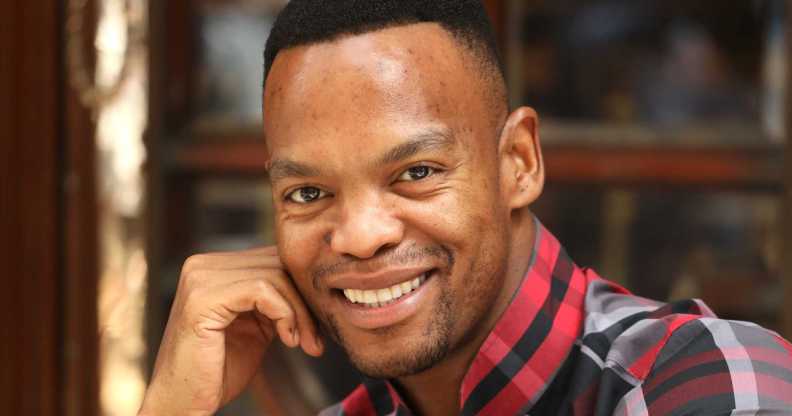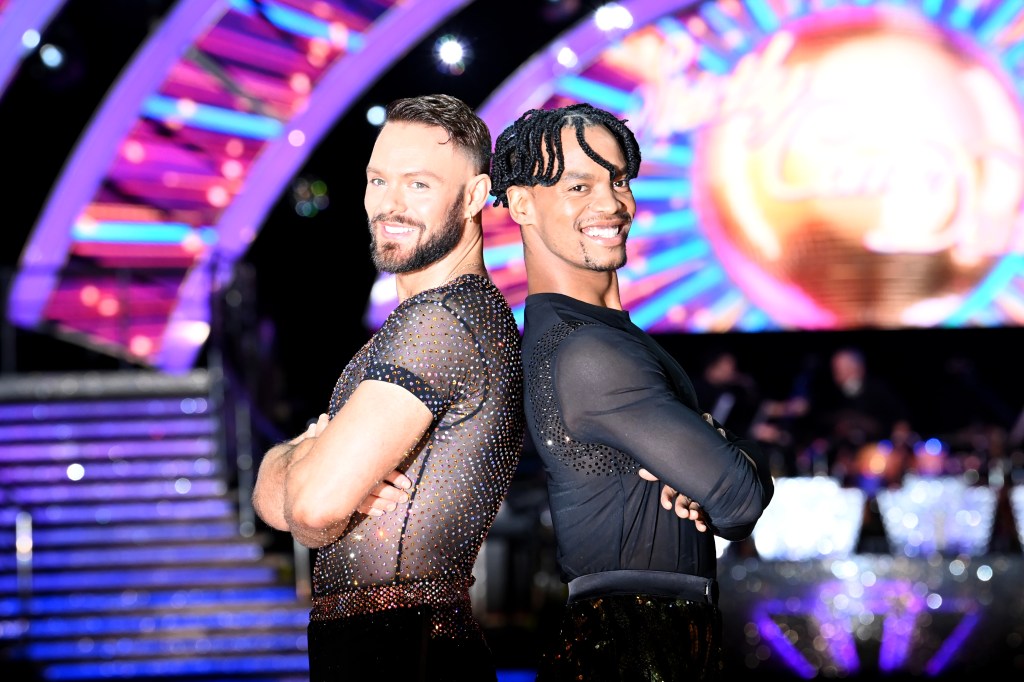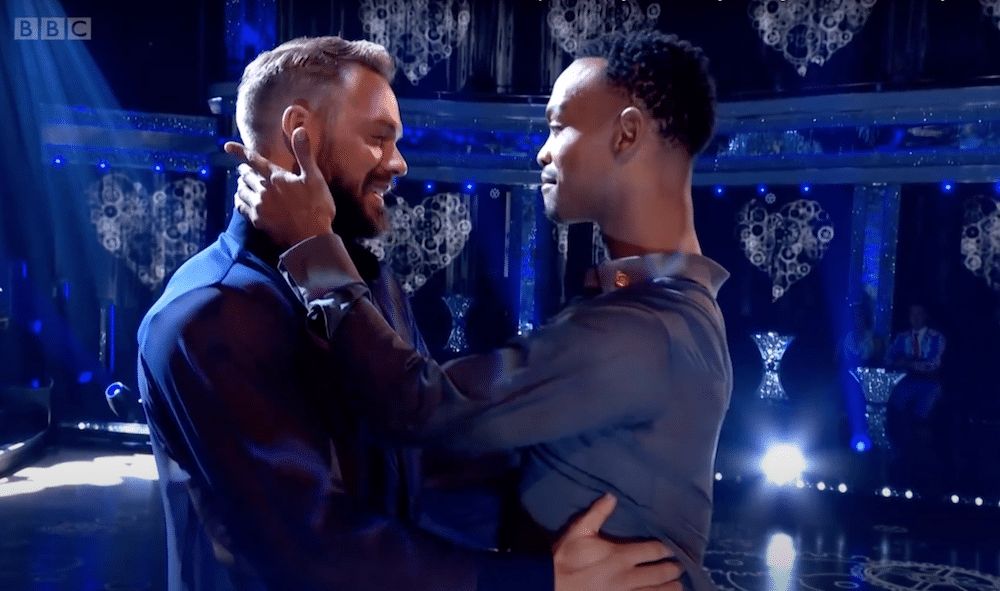Strictly’s Johannes Radebe opens up about trauma of homophobic bullying: ‘Being punished for who I was ate away at me’

Strictly star Johannes Radebe has opened up about experiencing homophobic bullying in his youth. (Lia Toby/Getty Images)
Strictly Come Dancing star Johannes Radebe has opened up about facing anti-LGBTQ+ abuse during his childhood in South Africa and witnessing a homophobic attack on a friend.
Radebe is a fan favourite on the hit BBC One dancing competition show and was part of the programme’s first male same-sex couple in 2021, when he was partnered with Great British Bake Off winner John Whaite.
The pair came in second place and were a hit with viewers, winning the British LGBT Awards media moment gong for their semi-final performance.
In an interview with The Times on Saturday (26 August), the dancer – who describes himself as “camp as Christmas, a six foot-plus gay boy with a penchant for heels and feathers” – explained what it was like growing up gay in Zamdela, a township outside the city of Sasolburg.
“Townships”, Radebe said, “are conservative and very backwards in their thinking, just because of tradition and culture. And if you don’t look and behave like they do, there is something wrong with you.”
As a child, he had homophobic language aimed at him by other children, which he did not know the meaning of but understood to be negative.
“I knew how it made me feel more than I understood what it meant,” he explained. “Aged six, I would say to my mum, ‘What is a sissy boy?’ I knew it was being used against me, as if there was something wrong with me.
“I knew I was different from my cousins. I knew I was happy and flamboyant. [Much later] I got a clear explanation: f****t. That was the translation. It brought such shame.”

The homophobic abuse he faced did not end with words, and saw him and his friends face threats of violence.
Radebe recalled how he and his two friends, called Jeff and Seun, played with dolls as children and were once caught by an older boy, who proceeded to beat Jeff up so badly he could not go to school the following day.
He said that it took him three decades to be able to tackle the trauma left by the incident and seek therapy.
Radebe also opened up about struggling to cope with internalised homophobia, describing it as “the shame and guilt of not being able to feel fully at home in my own skin”.
“The trauma of growing up exposed to bullying and being punished for who I was ate away at me,” he said. “All the emotional blows I had endured had left an internal wound that had been festering.”

This trauma was compounded when the COVID-19 pandemic hit, leaving Radebe stranded in London, unable to see his family or event visit home for the funeral of his Aunt Martha – a woman who played a pivotal role in his life.
He said: “It’s the guilt that lives with you when you are busy eating salmon and everybody else [back home] is having fufu [dumplings made from cassava] and oil.
“London feels lonely at times. People might think I’m OK, but I don’t have anybody [here]. I wasn’t in a good place. And at the same time, I hadn’t really confronted my sexuality with my family.”
It was not until Strictly offered Radebe the chance to be part of a male same-sex pairing – which his Strictly partner Whaite says led to him “falling in love” with the South African dancer – that conversations around his sexuality began to open up with his family.
When Radebeb called home to say he would be dancing with Whaite, he says there was some initial confusion, but his uncles are now asking when he’ll be bringing a boyfriend home.
“It took that experience to open their minds. As a result of that decision, I can talk about my sexuality with my uncles and now my mother is not ashamed any more. She was never ashamed, but she just never had the confidence to embrace Jojo [his out and proud alter-ego].”
“I had carried all this shame all my life and it appeared that most of my family didn’t care.”

